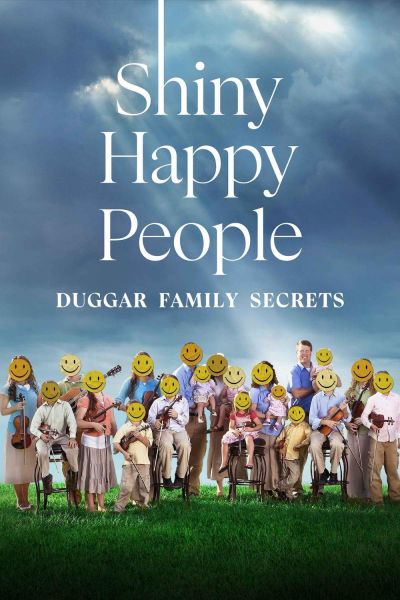
Shiny Happy People: Duggar Family Secrets
The term “deconstruction” has become something of a four-letter word in some Christian circles, tantamount to heresy and apostasy as people reject or reinterpret the beliefs of their youth. But after watching Amazon’s Shiny Happy People, a four-part documentary on the Duggar family (of 19 Kids and Counting fame), I don’t really blame anyone who wants to deconstruct that sort of background. The series begins with the Duggars’ rise as unlikely reality TV stars as well as the bombshell that the oldest Duggar child, Josh, had sexually molested his sisters years before his family became a TV sensation. (Also discussed is father Jim Bob’s efforts to cover up Josh’s abuse.) From there, the series delves into the Institute in Basic Life Principles (IBLP), a Christian organization for which the Duggars, because of their fame, soon became chief ambassadors. Founded by Bill Gothard in the ’60s and accused of being a cult, the IBLP teaches extremely patriarchal views concerning the family and parenting — and has become embroiled in its own sex scandals. Shiny Happy People covers a lot (e.g., the Duggars’ family life, Josh Duggar’s case, the pitfalls of reality TV, IBLP’s teachings, Gothard’s own abusive behavior) and doesn’t always juggle its various themes successfully. But the extensive interviews with Duggar family members and friends, as well as former IBLP members, combined with archival IBLP footage, makes for a very compelling, and at times, horrifying watch — especially if, like my wife and I, you grew up in a conservative Christian environment. (Neither of us grew up with IBLP teachings. Nevertheless, we heard a lot of familiar language and ideas in the series’ four episodes.)